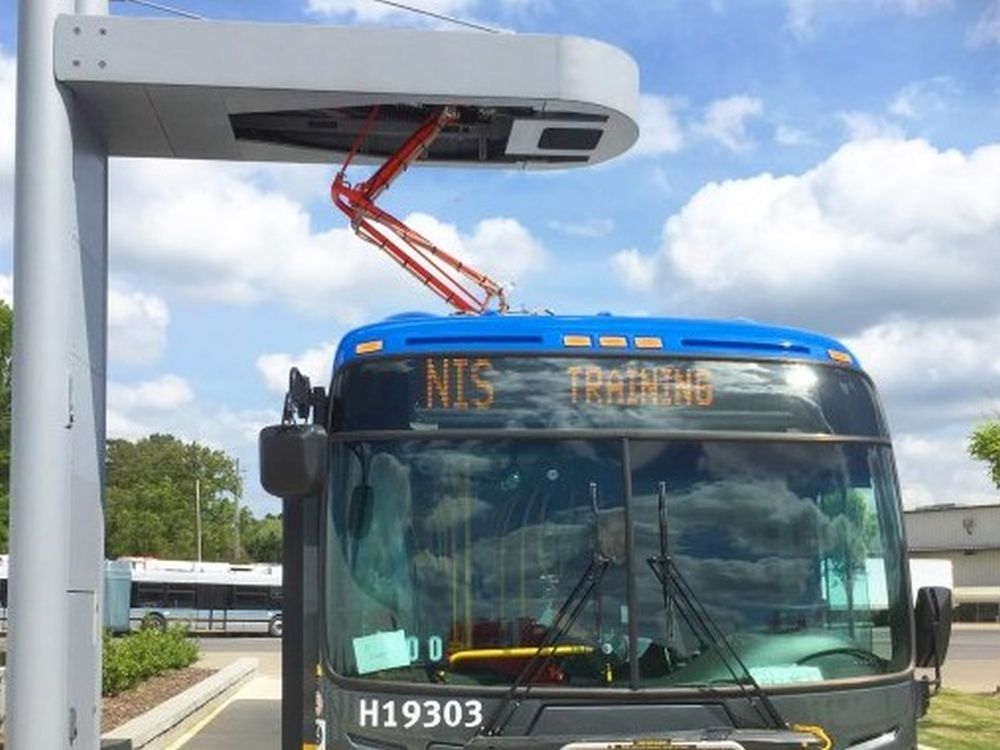B.C. Hydro seeks special rate to offer TransLink, B.C. Transit EV conversion

Credit to Author: Derrick Penner| Date: Wed, 14 Aug 2019 00:58:37 +0000
B.C. Hydro is proposing to give TransLink, B.C. Transit and other heavy-duty fleet owners a break on their electricity bills, if they are converting to electric vehicles.
Last week, Hydro submitted an application to the B.C. Utilities Commission to create special charging rates for EV fleet owners, with the deepest discounts, of up to 60 per cent, going to those that can recharge batteries at depot facilities overnight.
The call for specific “charging rates” comes in response to a plea for such rates from TransLink and B.C. Transit as both organizations set goals to transition from diesel buses to battery-electric vehicles by 2040.
“The new services and rates described in this (application) will contribute to B.C. Transit’s and TransLink’s respective long term strategies to reduce greenhouse gases related to the operation of their fleet,” B.C. Hydro wrote in the application.
And doing so will be necessary for the agencies to do their part in meeting B.C.’s overall provincial objective of cutting greenhouse-gas emissions by 80 per cent from 2007 levels by 2050.
At the end of July, B.C. Transit announced its objective to convert to an all-electric fleet for transit systems outside of Metro Vancouver by 2040.
In Metro Vancouver, TransLink aims to replace 1,500 buses in its fleet with electric buses over the same time frame.
B.C. Transit announced in late July that it is taking its entire fleet of buses electric. The service operates 1,000 buses outside Metro Vancouver.
B.C. Hydro is proposing two optional fleet-charging rates with the discount being offered by giving the customers a break on so-called demand charges normally applied to “large general-service” accounts.
In the option referred to as the “overnight rate,” B.C. Hydro proposes to forego demand charges for customers that can recharge batteries at depot charging stations between 10 p.m. and 6 a.m. when system demand is lowest.
In its justification for an overnight rate, B.C. Hydro said in its filing that the amount customers will pay for the additional new load, effectively the new electricity they will need, “will meet or exceed the marginal cost of serving new load.”
Which means that Hydro expects the overnight rate will cover its costs, including the price for the power used as well as the cost to deliver it, without the demand-related charges that would normally be charged to “large general service” customers.
However, for a transit operator, the difference, at the outset, would be a $2,000-per-month electricity bill for an EV bus versus $3,700 if it had to pay the usual account demand charge, according to an estimate in the filing.
Hydro calls the second option the “demand transition rate,” for operators that plan to use route-charging systems where bus batteries are charged in short bursts at stops along their routes with high-powered chargers.
In this scenario, the utility proposes to give fleet customers a six-year holiday from demand charges, between 2021 and 2026, before phasing them in between 2027 and 2032.
The difference, however, would be a $3,500 electricity bill for a bus using route-charging, owing to a higher electricity price, versus $4,500 if a demand charge were applied.
In an emailed statement, B.C. Hydro spokeswoman Tanya Fish said the proposed rates will only be available to commercial customers that are businesses or government agencies.
Fish said Hydro anticipates a decision will only be made after a regulatory process, including hearings, to determine if the rates are “fair, just, reasonable and not unduly discriminatory.”
CLICK HERE to report a typo.
Is there more to this story? We’d like to hear from you about this or any other stories you think we should know about. Email vantips@postmedia.com.